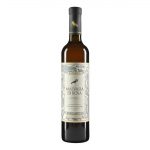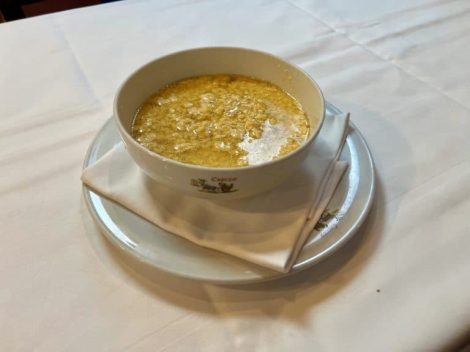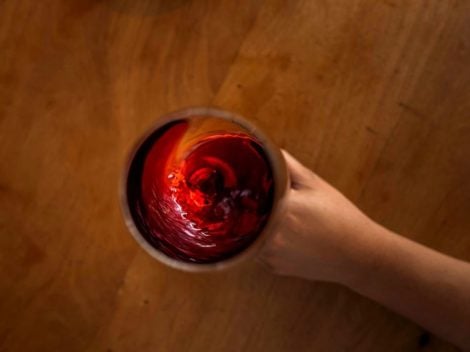"For there is no traveller today, writer or reader, scholar or disciple, who traverses the Middle Ages without finding what they hoped for," the article begins, tapping into the theme of rediscovering an era generally seen as dark and regressive. Yet, to feel the need to thank that seemingly distant era, one does not need to be a writer or scholar. One simply needs to sit at the table. For that is the era when an extraordinary invention was introduced: the fork.
Etiquette ante litteram
In his article, Volpi references the writings of the German sociologist Norbert Elias, who marked a milestone in the history of the Middle Ages in the year 1530, corresponding to the publication of Erasmus of Rotterdam's essay "De civilitate morum puerilium." This was a sort of etiquette guide that listed the most suitable behaviors for a young person on the path to education, including the, at the time, innovative use of the fork.
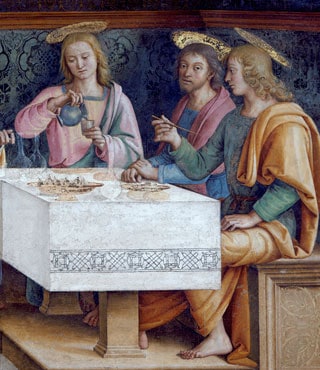
How the fork was used
The Middle Ages, described by Volpi as a period of transition and change, witnessed meals consumed communally where all foods, even meat, were brought to the mouth by hand, as well as the first uses of cutlery. It was not easy, Volpi recounts, to instill in young medieval people an attention to training in "externum corporis decorum," that is, physical external decorum. The use of the fork "provoked general disapproval, as it seemed extravagant and refined. It took centuries for its use to become widespread."
A matter of etiquette, but mostly of hygiene
However, as the article points out, the advent of cutlery at the table was not just a matter of etiquette but of hygiene. Travelers of the time already noted how inn and tavern patrons were "sweaty" and "overheated," and how they wiped "sweat with the same hands that then delve into common dishes in search of, probing in the grease, the best piece of meat." Thus, the fork had a dual significance, reflecting only in part, but perhaps the aspect closest to us all, that, to paraphrase the article's conclusion, "the Middle Ages knew a lot about all this. Too much. A too much that cannot be overlooked."

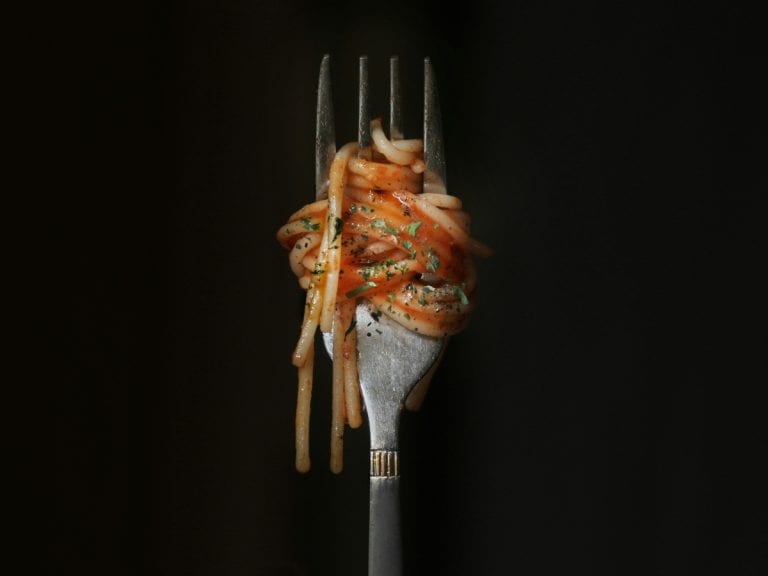
 The 10 best sparkling wines (plus a bonus) to bring to New Year’s Eve chosen by Gambero Rosso
The 10 best sparkling wines (plus a bonus) to bring to New Year’s Eve chosen by Gambero Rosso The magnificent world of Italian mostarda. Life, death, and miracles of the "Lady" of New Year's Eve tables
The magnificent world of Italian mostarda. Life, death, and miracles of the "Lady" of New Year's Eve tables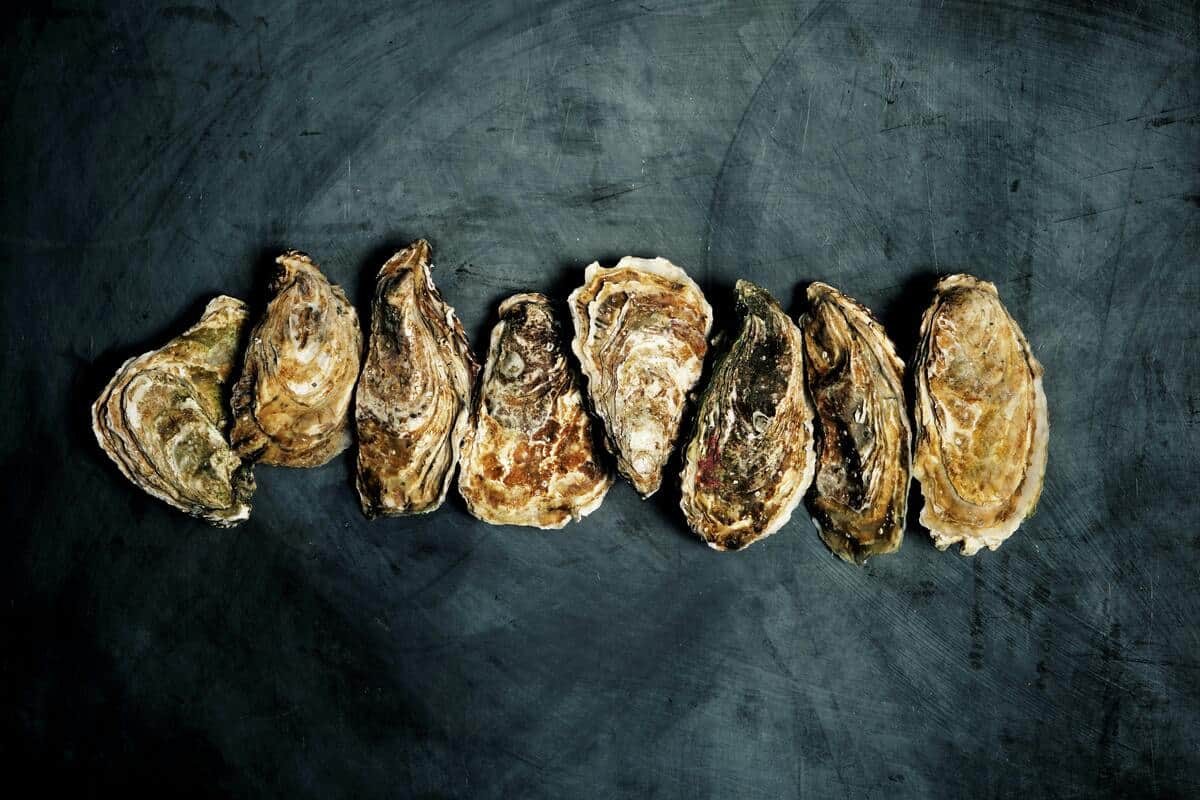 The best oysters to buy for New Year’s Eve. With expert advice
The best oysters to buy for New Year’s Eve. With expert advice The hidden Trattoria in the Mountain of Bacoli that brings the sea to your plate
The hidden Trattoria in the Mountain of Bacoli that brings the sea to your plate The 8 Champagnes of the Côte de Bar that enthralled us
The 8 Champagnes of the Côte de Bar that enthralled us